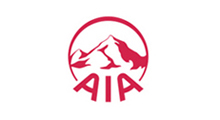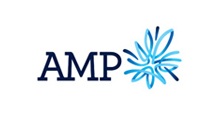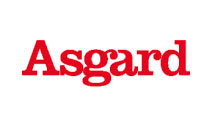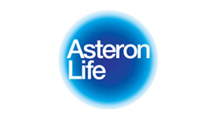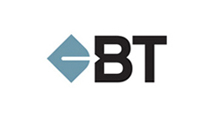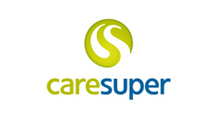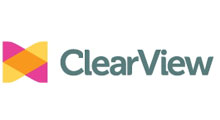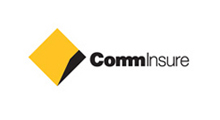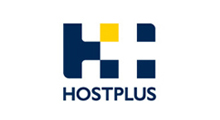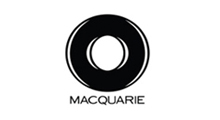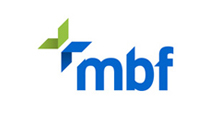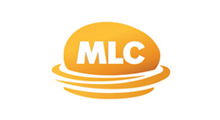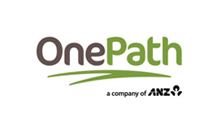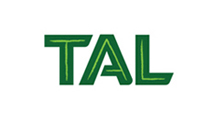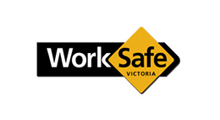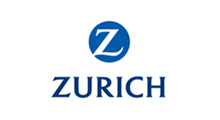Who should own my income protection insurance policy?
Income protection insurance can be owned either by you individually or by a company either in trust or in a superannuation fund.
Whatever way you decide to structure your income protection policy we do recommend you seek expert advice form a professional financial planner, to maximise your benefits.
This really is a complex area but if structured correctly you can net significant tax advantages.
Essentially Income protection (ip) insurance is tax deductable whether you own the policy in your name, a family trust and or a superannuation fund, but all three can offer different outcomes when we consider taxation treatment.
Income protection insurance owned under super
One of the main reasons people are now choosing to buy their policy under super is really a cash flow issue. Preferring to use their disposable income to possibly reduce their non deductible debt and use their super to pay for their personal insurance premiums.
The net after tax cost if you are eligible to claim your super contributions as a tax deduction will generally be the same as self ownership. Either way should a disability claim arise, benefits will be assessable to the life insured for tax purposes.
Although one main draw back or disadvantage for some is that these contributions will count towards the concessional contribution limit which is $25,000 pa if you under the age of 50 or over $50,000 pa (until 30/06/2012) and $25,000 thereafter.
Another main disadvantage of buying income protection in super is that the policy will not include those great extra benefits, like trauma benefits, so if this is what you are looking for then make sure you buy the policy outside of super, with extra features option chosen.
However if you were over the age off 55 you could use any claim proceeds to pay a transition to retirement pension where a 15% tax offset is available to age 59 and tax – free thereafter.
Income protection insurance owned under a company or a trust
Another option of ownership you may consider with your financial planner is for an IP policy to be owned by the trustees of a family trust or a company. Here the business pays the premiums to provide income protection benefits.
The premiums are deductable to the business and should a claim arise the benefits are taxable in the hands of the employee. There is no Fringe benefit tax liability as the premiums are “otherwise deductable” to the employee and therefore no FBT. That’s great news.
This type of structure is usually offered by employers to their employees under a salary continuance benefit.
What’s really needed here is “expert advice for income protection insurance”
What’s clear here is there are several options for you to consider when buying your income protection policy and we do recommend seeking out expert help.

